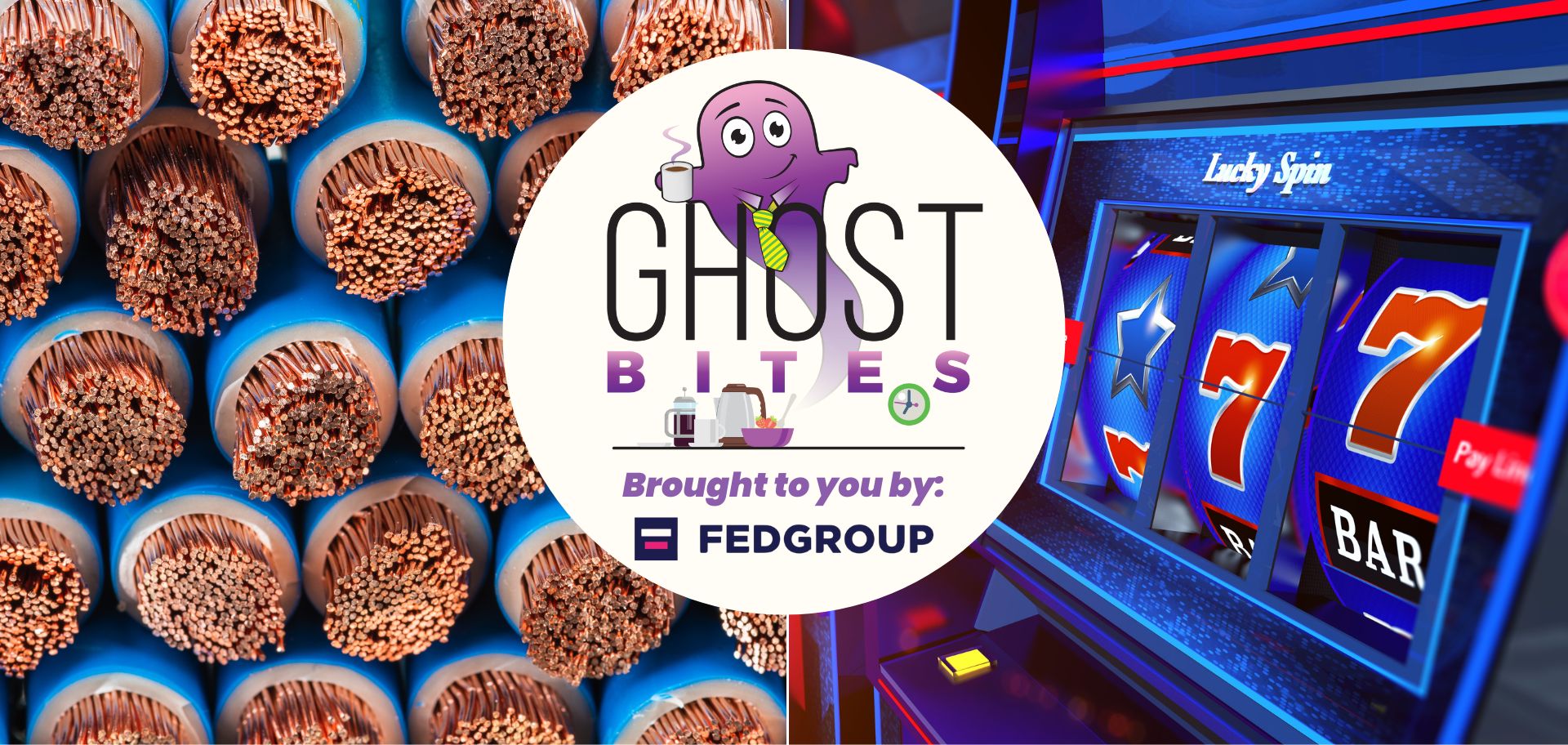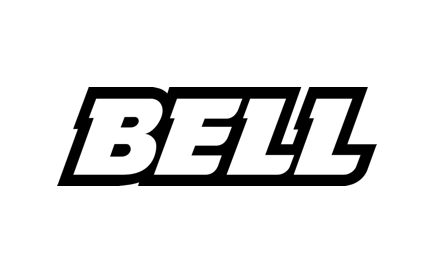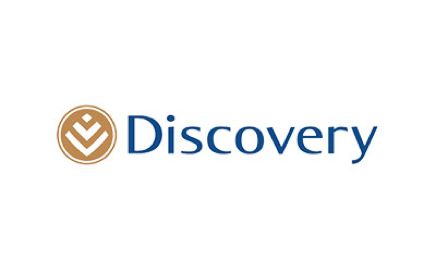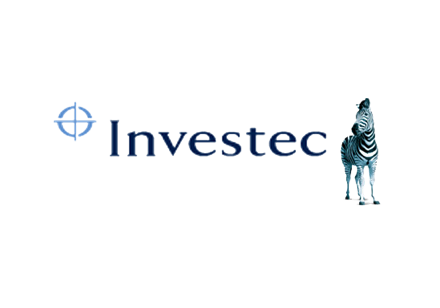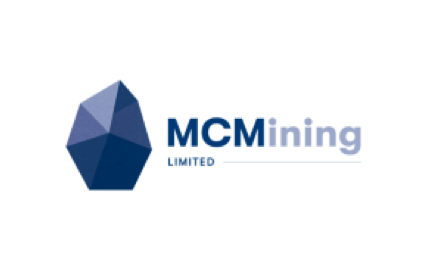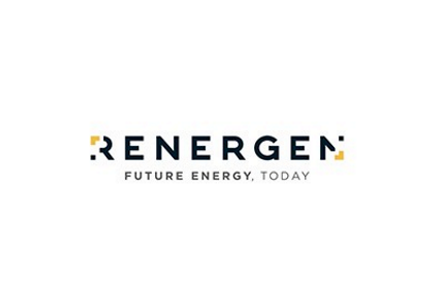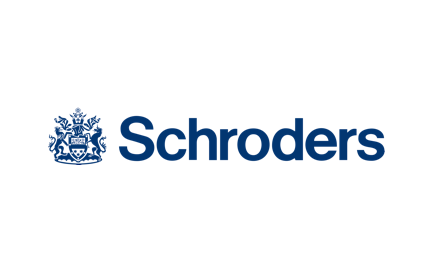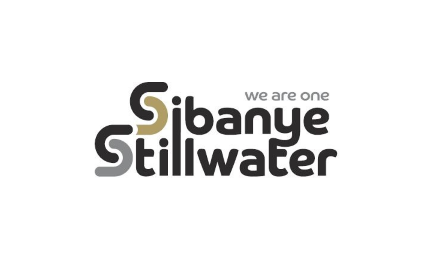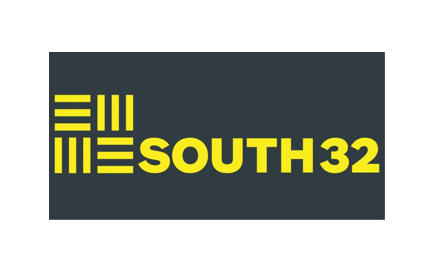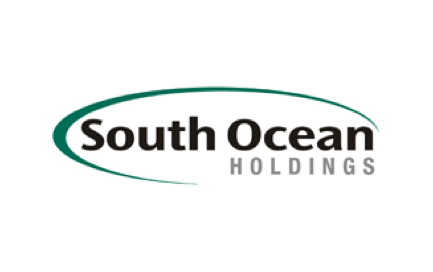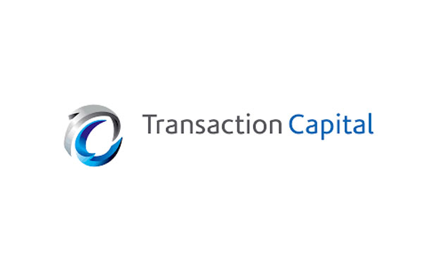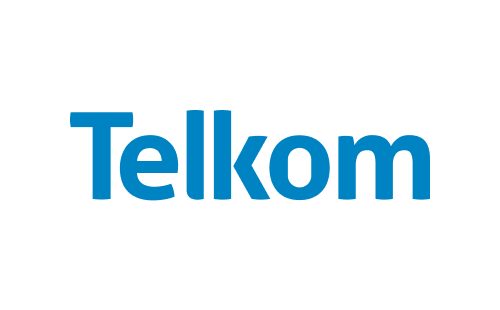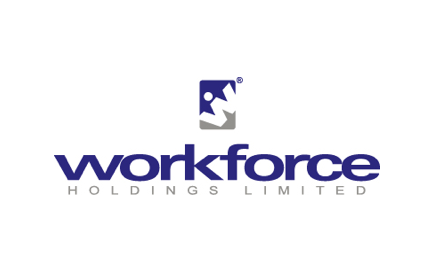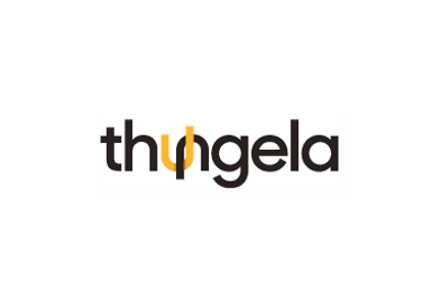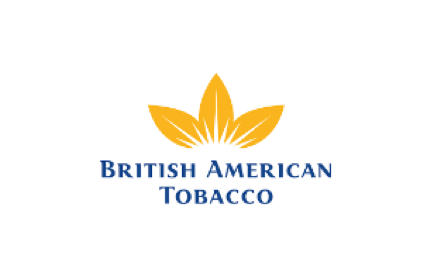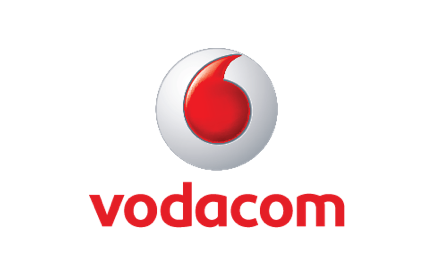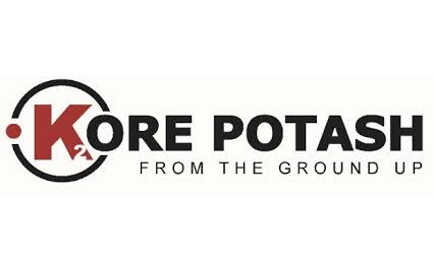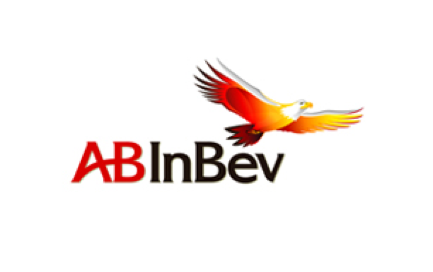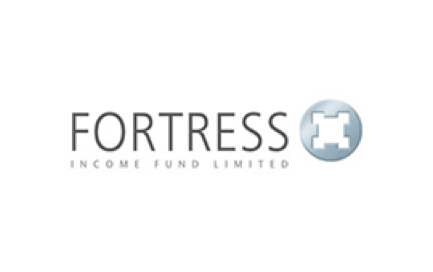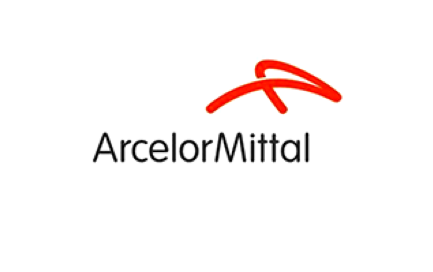Get the latest recap of JSE news in the Ghost Wrap podcast, brought to you by Mazars:
Bell goes from strength to strength (JSE: BEL)
A further trading statement tells an even better story
Bell Equipment’s share price is up more than 53% in the past six months. It’s up 155% over five years. You can make money on the local market, provided you know where to look (and what to pay).
In the initial trading statement released in November 2023, Bell indicated that HEPS would be up at least 59% for the year ended December 2023. In a further trading statement, we now know that the increase is actually between 65% and 73%, thanks to stronger market conditions than anticipated at the end of the year.
This is an incredibly strong result.
Normalised earnings grew double digits at Discovery (JSE: DSY)
The offshore operations were a strong contributor
If you focus on headline earnings as reported, then you’ll find that Discovery has no growth whatsoever to report for the six months to December 2023. If you’re willing to use normalised headline earnings, you’ll find growth of 11% instead. The difference? A prior period fair value gain from a UK interest rate derivative.
Fancy financial footwork aside, the good news is that new business annualised premium income grew by a juicy 28%. Embedded value was up 12%, which is a useful metric for those trying to value Discovery. Annualised return on embedded value fell from 14.4% to 12.1% though.
Basic embedded value per share is R156.29 and the share price is R127.21, so Discovery trades at a discount to embedded value that reflects the inadequate return on embedded value vs. what the market is looking for.
Cash is a language we all understand, with an interim dividend of 65 cents per share. There was no interim dividend in the comparable period, so that’s a significant improvement.
If you’re wondering where the growth came from, then you’ll be interested to know that South Africa generated normalised profit growth of 9% vs. the UK at 13% (assisted by the weaker rand). Vitality Global was also helped along by the weaker rand and the low base effect, up 71%.
Gemfields’ profits took a serious knock in 2023 (JSE: GML)
Costs ramped up and shareholders haven’t seen the benefits yet
Gemfields achieved its second highest annual revenues in 2023. There were record prices achieved for gemstones sold at auction. Against that backdrop, you would expect a strong result.
Instead, you have a weaker production result vs. 2022 (which even led to the withdrawal of an auction from the schedule) and the negative impact on profits of a period of heightened investment in the operations. For example, a second processing plant is being built at the ruby operations.
It’s also important to understand just how big the gap is to 2022’s revenue result. Kagem (the emeralds) achieved revenue of $89.9 million vs. $148.6 million the prior year. Montepuez (the rubies) achieved $151.4 million vs. $166.7 million the prior year, which is a far less severe drop than in emeralds. Fabergé reported revenue of $15.7 million vs. $17.6 million the year before as the luxury market slowed down.
So although 2023 was still a strong revenue result vs. historical averages, it was a substantial come-down from 2022. This is why adjusted HEPS (which excludes Sedibelo’s fair value loss) was 26.8 cents vs. 85.5 cents in the prior year.
If you include the massive write-down of $28 million to PGM investment Sedibelo Resources, then there would be a headline loss per share of 16 cents.
The Gemfields share price is down 21% over the past year.
Grand Parade Investments: read carefully (JSE: GPL)
The increase in profit is from a very unusual source
Grand Parade Investments has been through quite the purge in recent years, changing its portfolio significantly. Although it describes itself as an investment holding company, they still focus on HEPS as the primary measure. It’s more appropriate I think to switch to NAV per share.
Headline earnings from continuing operations increased by 20% but you have to read far more deeply than that.
Firstly, the Gaming & Leisure portfolio (the core investments) saw headline earnings fall by 4% for the six months to December 2023. Then, if you don’t read carefully, it looks like corporate costs actually dropped from R12 million to R8 million. The important nuance is that there was a write-back of prescribed dividends of R11 million, which comes through as revenue in the central costs segment.
In other words, corporate costs actually moved higher.
If it wasn’t for the write-back of dividends, headline earnings would’ve dipped slightly. The gaming sector (especially slot machines) didn’t have a great time in 2023 with load shedding and other challenges, so I would expect to see this.
Solid growth at Investec (JSE: INL)
Return on equity is above the mid-point of the group’s target range
Investec reports in GBP, so you have to remember that growth percentages are in hard currency. This is different to growth in ZAR, as there seem to be only three certainties in life: death, taxes and the depreciation of our currency.
So, with HEPS growth for the year ending 31 March expected to be between 4.8% and 10.6% in GBP, that’s a solid outcome.
There were a number of important corporate activities this year, including the combination of Investec Wealth & Investment with the Rathbones Group, as well as the disposal of the property management companies to Investec Property Fund (now called Burstone).
The net interest income side of the business benefitted from the combination of larger balance sheets and higher rates, something I’ve written about many times here. The non-interest revenue line was positively impacted by client activity levels and higher trading income, as well as the first-time consolidation of Capitalmind in Continental Europe.
The credit loss ratio is expected to be at the mid-point of the through-the-cycle range of 25 basis points to 35 basis points. The UK ratio is above the upper end of the target range and the South African ratio is below the target range.
For those following Investec closely, it’s important to note that Investec’s exit from The Bud Group Holdings will be assisted greatly by the disposal of Assupol to Sanlam by that group.
Return on equity for the year is expected to be above the mid-point of the group’s target range of 12% to 16%. Again, remember that this is in GBP and therefore not directly comparable to local banks reporting in ZAR. You need a higher return in ZAR to reward you for local country risk.
MC Mining responds to Goldway (JSE: MCZ)
With the independent expert report in circulation, the board has the wind in its sails
For those who have been following the MC Mining saga, it’s important to know that the company has now responded to Goldway’s recent statements. Aside from responding to the allegations of lateness around the independent expert report, the board has also systematically responded to Goldway’s various claims about the assets.
The language is much less “shouty” and antagonistic than what Goldway has been putting out there.
Goldway’s offer price is well below the range suggested by the independent expert. This remains the basis for the board recommending that shareholders do not accept the offer.
In a separate announcement, Goldway has reminded the market that acceptances need to be received from holders of at least 50.1% of shares that it does not already own in order for the offer to be declared unconditional. This needs to be achieved by 5 April 202
Renergen attracts further funding (JSE: REN)
An Italian investment group has subscribed for more convertible debentures
Renergen announced that Airsol, part of the SOL group that was founded in Italy in 1927, has subscribed for a further $4 million worth of convertible debentures. This takes the total investment by SOL to $7 million.
This tranche was subject to Renergen implementing the deal with Mahlako Gas Energy, with that deal having been completed now.
The unsecured convertible debentures are convertible into Renergen shares upon the execution of the planned IPO on the Nasdaq. A structure like this gives the investor a debt position in the capital stack for now, with the ability to switch into equity if Renergen achieves its primary corporate goal of listing on the Nasdaq.
Schroder signs off on a disappointing quarter (JSE: SCD)
The NAV fell due to property valuation pressures
Property valuations had a tough time in 2023. The yield curve (off which properties are valued) wasn’t favourable, leading to Schroder’s net asset value dropping by 3.2% for the twelve months to December 2023.
The loan-to-value ratio finished the quarter at 24% net of cash or 33% gross of cash.
The group has decent dividend cover (comparing earnings to the dividend) and the first interim dividend reflects an annualised yield of around 7.8%. It’s quite unusual to see a property fund make reference to the yield on the share price.
A production issue at Sibanye – but thankfully no injuries (JSE: SSW)
There’s damage to the surface infrastructure at the Siphumelele shaft in local PGM operations
It doesn’t seem like Sibanye’s luck is turning positive just yet, with news of an accident at the Siphumelele shaft in Rustenburg where the group mines PGMs. The very good news is that there were no injuries. The bad news is that surface infrastructure was damaged, leading to suspension of production at the shaft. It accounts for 3.5% of annual PGM production from the SA operations. There’s no timeline for it to come back online yet.
Separately, the company announced the appointment of an executive to head up the uranium business. Greg Cochran has loads of industry experience and will hopefully help Sibanye achieve a solid outcome in that space.
South32 withdraws guidance for Australia Manganese (JSE: S32)
Tropical Cyclone Megan has damaged the infrastructure
Mining is a tough gig even when the weather behaves itself. When it doesn’t, things can get ugly. South32 is the latest victim of this, with Tropical Cyclone Megan having damaged the manganese operations in Australia.
At this stage, the company has identified flooding in the mining pits, damage to a critical road bridge and structural damage to the wharf and port infrastructure. At this stage, there’s not much indication of just how bad it is. All we know is that it’s bad.
Given the uncertainty, guidance for Australia Manganese has been withdrawn.
South Ocean released detailed results (JSE: SOH)
HEPS doubled in the year ended December 2023
For the year ended December 2023, South Ocean grew revenue by 26%. When a manufacturing company pulls off a top-line performance like that, things normally get exciting further down the income statement.
Indeed, electric cable manufacturing turned out to be far more lucrative in 2023 than in 2022, with HEPS up by 99%! The dividend per share was 83% higher at 11 cents per share.
As South Ocean is a tiny company with a market cap of just R300 million, liquidity is hard to come by in the stock. The share price is only 19% higher over 12 months at R1.47. Based on HEPS of 43.60 cents, that’s a Price/Earnings multiple of 3.4x.
Telkom agrees to sell its masts and towers business (JSE: TKG)
The buyers are Actis and Royal Bafokeng Holdings
Telkom has finally announced details of the disposal of the masts and towers business in Swiftnet. We now know that the bidder consortium is led by an infrastructure fund managed by Actis, with Royal Bafokeng Holdings as the B-BBEE partner. These are heavy hitters.
This is a category 1 transaction for Telkom, as the disposal price is more than 30% of Telkom’s market cap. This is a hugely important deal that allows Telkom to focus on growth in Openserve and its consumer business, while managing the ongoing challenges in the legacy businesses.
The enterprise value for the towers has been calculated as R6.75 billion. This is a debt free cash free number, which is then adjusted for the balance sheet items to arrive at the equity value. It’s quite unusual to see a shareholder loan not transferring to the buyer, with Telkom’s loan to Swiftnet of R225 million remaining outstanding i.e. still owed by Swiftnet to Telkom after the deal.
EBITDA (net of lease payments) for the 12 months to March 2023 was R896 million. It was R488 million for the six months to September 2023. If we annualise that interim number, the towers and masts have been priced on an EV/EBITDA multiple of just below 7x. That feels like a pretty good disposal price for Telkom.
There will be many approvals along the way before this deal closes. Still, the share price closed 4.8% higher in a show of appreciation.
Transaction Capital sells Nutun Australia (JSE: TCP)
The clean-up of the Transaction Capital “rump” continues
Transaction Capital has agreed to sell Nutun Australia Holdings to a wholly owned subsidiary of Allegro Funds, an alternative investments company with A$4 billion under management.
Nutun Australia Holdings has a 60% stake in Recoveries Corporation Holdings and a minority stake in Revive Financial Group. The business has various structures across Australia, New Zealand and Fiji. The South African operations of Nutun help to service the businesses with engagement support services and associated technologies.
Interestingly, aside from the deal to sell the equity, Nutun has entered into a long-term strategic partnership to continue providing support services to the offshore business. Nutun will be restricted from directly offering its services into the Australia and New Zealand markets for up to five years.
After adjusting for net debt and minority shareholders etc. the gross sales proceeds to Nutun will be up to A$58.3 million. A$54.4 million will be received up-front and the remaining A$3.9 million will be payable in April 2026 subject to potential warranty and indemnity claims.
The proceeds will go a long way towards giving Nutun a stronger balance sheet.
Workforce Holdings had a torrid time in 2023 (JSE: WKF)
The group has swung sharply into a headline loss
Workforce Holdings has released a trading statement dealing with the year ended December 2023. It wasn’t a happy time, that’s for sure.
After reporting HEPS of 46.8 cents in the comparable period, the headline loss per share for this period is estimated at between 11.36 cents and 16.04 cents. Ouch.
Aside from adverse trading conditions, the group has also attributed this pain to substantial credit losses that were responsible for 35 cents per share worth of losses.
Little Bites:
- Director dealings:
- A non-executive director of British American Tobacco (JSE: BTI) has bought shares in the company worth $153k.
- The CEO Designate of Primary Health Properties (JSE: PHP) bought shares worth £137k.
- Although a director of a major subsidiary of Vodacom (JSE: VOD) bought shares worth R305k, I must point out that it was due to needing to meet the minimum shareholding requirement for the forfeitable share plan. It’s therefore not a purchase in the way we usually like to see, but I’m including it here to show you the different types of purchases.
- A prescribed officer of Thungela (JSE: TGA) sold shares worth R147k.
- If you are a Fortress (JSE: FFB) shareholder, then be aware that the cash dividend of 81.44308 cents per share has a scrip dividend alternative at a 5% discount to the five day VWAP ending 28 March. You can also choose to receive it partly in cash and partly in shares.
- Kore Potash (JSE: KP2) has raised $530k through the issuance of five separate convertible loan notes. The net proceeds will be used to work towards the signing of an EPC contract for the Kola Potash Project. The company is currently in a closed period and the conversion of the notes is subject to the release of the annual report. The chairman of the company has indicated an intention to subscribe for $150k of shares on the same terms as this fund raising once results are released.
- AB InBev (JSE: ANH) has completed the $200 million repurchase of shares from Altria, at a price per share of $59.9625. This is roughly in line with the current traded price on the market. The combined effect of the buyback and Altria’s offer of shares in AB InBev to the market is a reduction of Altria’s stake in AB InBev from 10.0% to 8.1%. It could reduce further if underwriters exercise their options. Importantly, AB InBev hasn’t issued any new shares here. In fact, it’s quite the opposite, as treasury shares went up after the buyback!
- Rex Trueform (JSE: RTO) is acquiring a portfolio of Joburg-based properties for R51.5 million. Telemedia (a subsidiary of the group) is partly occupying these properties already and will now earn the rental income from other tenants. Only R7 million is being funded by Telemedia’s existing cash, with the rest raised as a mortgage bond. The acquisition yield is 9.1%. It’s beyond me why companies do this, unless there’s an exceptionally good reason why Telemedia needs to occupy these properties into perpetuity.
- Tiny little Telemasters (JSE: TLM) released a further trading statement showing an improvement in HEPS by 160% to 0.61 cents vs. a loss of 1.02 cents in the comparable period.
- Gavin Griffiths, the current Chief Strategy Officer and Interim CFO of ArcelorMittal (JSE: ACL) has been appointed as the permanent CFO. That certainly isn’t an easy job.

